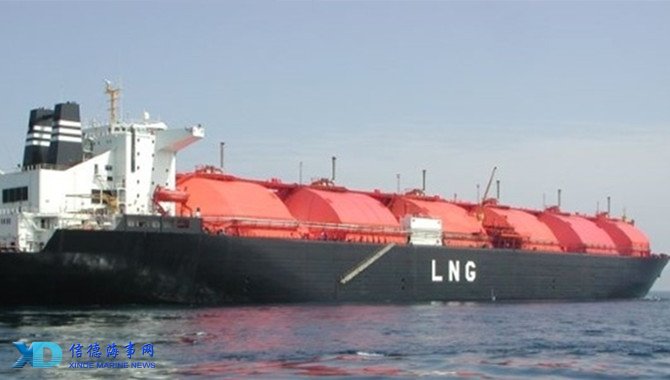
Liquefied natural gas (LNG) is comfortably the frontrunner in the race for alternative fuels that comply with the post-2020 emissions targets – but LNG may not be the right fuel for the tougher standards applying from 2050.
That is the view of Dutch tanker operator Spliethoff’s vice-president of business development, Sjaak Klap, who sees LNG as “an excellent choice as a transition fuel for the [current] generation of ships and over the next decade.”
Speaking ahead of the LNG bunkering summit due to start on 29 January, Mr Klap pointed out that, while LNG’s CO2 emissions are about 25% lower than fuel oil and marine gas oil, they are still too high to meet the 2050 targets.
However, the development of alternatives such as biofuels, methanol, ethanol, hydrogen, ammonia and electricity continues to lag behind that of LNG, in some cases far behind. And only three of these – methanol, hydrogen and electricity – have so far been taken seriously into consideration, he adds. Indeed, only two shipping companies in the world use methanol as a marine fuel.
There are continuing problems with the three main alternatives, according to Mr Klap. An unforeseen issue with methanol is that, aside from technical and financial limitations, it cannot yet be produced in a sustainable way. Also, there’s not nearly enough methanol for marine use. The marine industry consumes about 320M tonnes of fuel a year, which compares with total global methanol production of less than 100M tonnes, equivalent in terms of energy to just 50M tonnes.
“Therefore, scaling up [methanol] production would be an enormous task, particularly as the majority of methanol is currently used as a feedstock for the chemical industry,” he explained.
As for hydrogen, despite testing by Norway and Japan, “there has been minimal progress in this area.” Also, although hydrogen is theoretically carbon-free, most hydrogen is produced from natural gas in a process that releases CO2 into the atmosphere. “Hydrogen can only be produced in a sustainable manner when this CO2 is captured and stored, or by electrolysis using wind or solar electricity,” he said. Another significant problem with hydrogen is that its storage would take up far too much cargo space.
And although diesel-electric hybrid power has overcome some of the distance limitations of battery-driven vessels, “electricity cannot reasonably be considered as a fully-fledged alternative to LNG.”
Finally, said Mr Klap, the alternative fuels are prohibitively expensive compared with current fuels as well as LNG. Any viable alternative to LNG “will take decades,” he concluded.
Source:mpropulsion
Please Contact Us at:
admin@xindemarine.com

